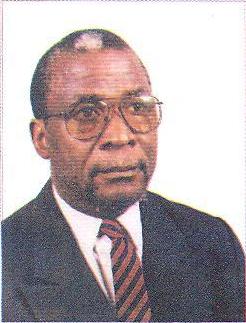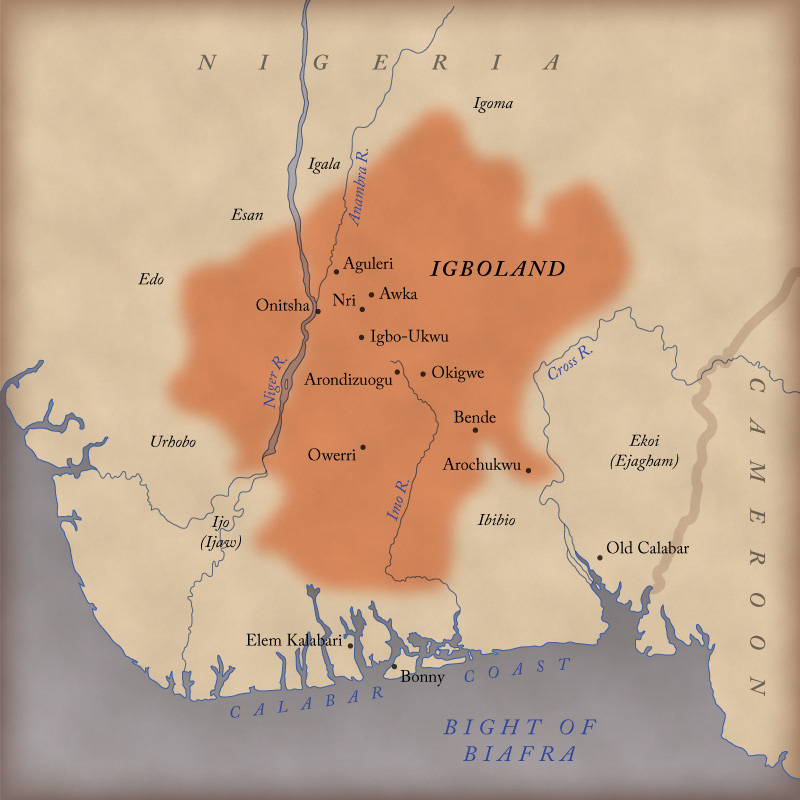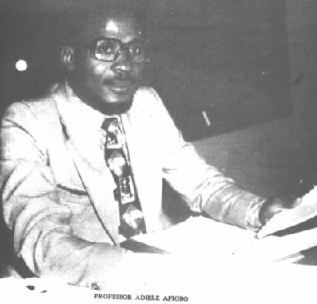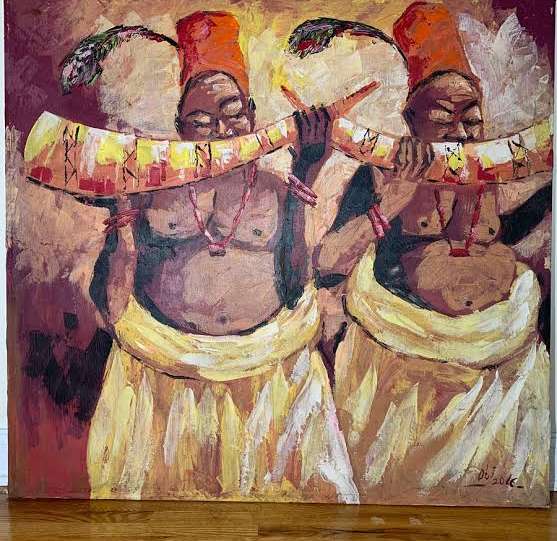In the annals of African scholarship, some names echo not just through academic corridors but also through the living soul of a people. One such name is Professor Adiele Eberechukwu Afigbo, the soft-spoken yet intellectually unyielding historian who gave Igbo history its structure, its scholarship, and its soul.

A Scholar Rooted in Memory
Born in 1937 in Ohafia, Abia State, Adiele Afigbo grew up at a time when colonial narratives still cast long shadows over African identity. Like many young men of his generation, he was raised on both the spoken wisdom of the elders and the written words of the coloniser. Yet, even as a boy, Afigbo sensed that something vital was missing; the African story told from within.
After studying history at the University of Ibadan, where he was mentored by Professor Kenneth Onwuka Dike, Afigbo became part of what scholars call the Ibadan School of History, a generation that challenged the Eurocentric idea that Africa had no history before colonisation. But unlike some of his peers, Afigbo’s focus was deeply personal: the history of the Igbo people themselves. As he often said, “To know where the Igbo stand in Africa’s story, one must first listen to how the Igbo remember.”
Rebuilding a Lost Past
For Afigbo, the task was monumental. Much of Igbo history was preserved not in books but in oral traditions, proverbs, songs, and rituals. The colonial administration had dismissed these as “folklore”, colourful but unreliable. Afigbo disagreed.
He travelled across Igbo towns and villages, recording oral accounts, studying genealogies, and comparing traditions. In his eyes, these were not myths; they were archives of a civilisation. As he once noted, “Oral tradition, if carefully examined, reveals the deep structures of a people’s consciousness.”

Through works like Ropes of Sand: Studies in Igbo History and Culture (1981) and The Warrant Chiefs: Indirect Rule in Southeastern Nigeria (1972), Afigbo reconstructed the political, social, and spiritual history of the Igbo with a precision that rivalled any Western text.
He showed how the Igbo organised governance through republican village systems long before British rule—and how colonial structures disrupted this delicate balance. In doing so, he restored pride to a people once misrepresented as “stateless” or “disorganised.” “A na-echeta onye nwụrụ anwụ, ọ na-adị ndụ ọzọ.” (He who is remembered lives again). Through his work, Afigbo made the Igbo live again.
Scholar, Teacher, and Cultural Custodian
Afigbo was not just a historian; he was a teacher of history in its purest sense. At the University of Nigeria, Nsukka, he trained generations of young historians, urging them to write without apology. He reminded them that African history was not a reaction to colonialism, but a living tradition of self-knowledge.
Students recalled his gentle humour, his deep patience, and his sharp intellect. He would often say: “History is not what happened, it is how people remember what happened.” For him, the historian’s duty was not just to collect facts, but to reclaim memory. In the aftermath of the Nigerian Civil War, when many Igbo communities were struggling to rebuild identity and confidence, Afigbo’s research offered something priceless: context. His work reminded his people that they had been great before the war and could be great again.

The Igbo Vision of History
At the heart of Afigbo’s scholarship was a simple but profound conviction that African knowledge systems are valid and complete in themselves. He believed that to truly understand the Igbo worldview, one must engage with its proverbs, cosmology, and rituals.
For instance, in exploring the Igbo idea of ọfọ na ogu (truth and justice), he showed how historical memory was tied to moral order. Every action, every decision, was weighed against ancestral precedent. History was not distant; it was lived.
He captured this beautifully when he wrote: “The Igbo do not just tell stories of the past; they use the past to teach, to guide, and to justify the present”. In essence, Afigbo transformed Igbo historiography into an art form, a bridge between scholarship and storytelling, between academia and ancestry.
A Lasting Legacy
By the time of his passing in 2009, Professor Afigbo had produced over a hundred scholarly works. But his true legacy lies not in pages, but in perspective. He gave African history back its voice and gave the Igbo people their memory. His research continues to inform curricula in African Studies departments worldwide, and his books remain essential reading for anyone seeking to understand Southeastern Nigeria’s precolonial and colonial experience.
Today, when young Igbo scholars pick up the pen, they do so in the shadow and light of Afigbo’s example.
As the elders would say: “O ji okwu mee ihe, na-eme ka ụwa ghọta ya.” (He who uses words well, makes the world understand him). Afigbo used his words to make the world understand the Igbo.
Reflections: The Historian as Memory Keeper
To study Adiele Afigbo is to study how one man turned memory into method, and culture into science. He showed that history was not the privilege of conquerors but the birthright of every community that remembers.
In the global story of Africa’s intellectual rebirth, his name stands tall beside Dike, Achebe, and Isichei, a monument to scholarship and cultural pride.
Indeed, as the Igbo say: “Ihe onye kụrù ka ọ na-akọ.” (One reaps what one sows.) Afigbo sowed knowledge. His people harvest understanding.
References:
- Afigbo, A. E. (1972). The warrant chiefs: Indirect rule in Southeastern Nigeria, 1891–1929. Longman.
- Afigbo, A. E. (1981). Ropes of sand: Studies in Igbo history and culture. University Press.
- Biography.igbopeople.org. (n.d.). Adiele Eberechukwu Afigbo.
- Oxford Reference. (n.d.). Afigbo, Adiele Eberechukwu (1937–2009).
- Wikipedia. (2024). Adiele Afigbo.




